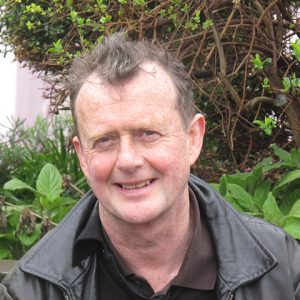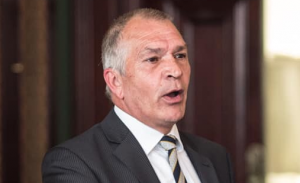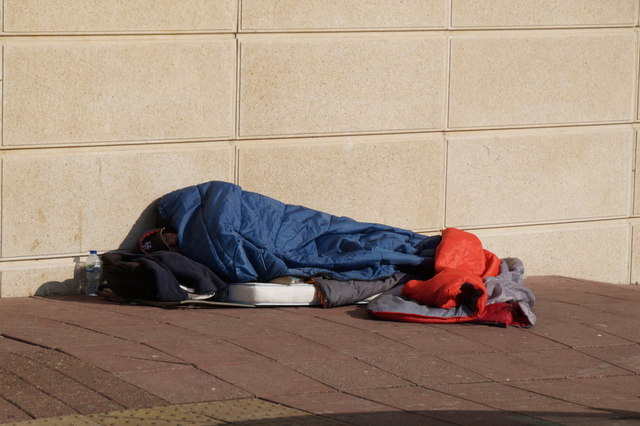Former rough sleepers and people at risk of rough sleeping in Brighton and Hove can now be housed until the end of next March.
Details were shared at a “virtual” meeting of senior councillors last night (Thursday 3 December).
Brighton and Hove City Council was given government funding in the spring to help rough sleepers off the streets and give those in dormitory-style accommodation their own rooms to try to contain the coronavirus.
The council’s Policy and Resources Committee has now agreed to try to help people to move on into private rented accommodation.
The move looks likely, though, to cost the council an extra £1 million from its own stretched budget.
Councillors were told that housing rough sleepers and those at risk of rough sleeping during the covid-19 crisis was expected to top more than £9 million.
And recently, the council was awarded £3.4 million – more than any council outside London – to help settle former rough sleepers into long-term housing.
Councillors approved spending £1.75 million on 30 “Housing First” homes as “move on” accommodation and £610,000 on 20 units of “high support” accommodation.
The interim executive director of housing, neighbourhoods and communities Rachel Sharpe said that the government funding was not enough to cover the cost of this programme.
From the start of the first national lockdown to the end of September, the council housed 369 people including 100 former rough sleepers and people in dormitory-style housing. The other 269 people were at risk of rough sleeping, councillors were told.
And more than 100 people had since moved on to long-term housing.
Labour councillor Gill Williams said that housing so many rough sleepers during the coronavirus crisis had been an “astounding achievement”.
She said: “This work has to continue. We must think of the human cost involved if we do not help these people when they need it most.
“We must support this despite the cost. The additional cost is concerning, and I do appreciate those pressures, but it will likely save us money in the long run, both in human terms and monetary terms.”

Green councillor David Gibson said that “bringing everyone in” and continuing to provide housing for people at risk of rough sleeping was a fantastic opportunity.
He said: “Even though we haven’t had enough money from the government, we have had a high allocation compared with the rest of the country, at £3.4 million.
“We must celebrate the opportunity to spend £7.5 million on home purchase for house rough sleepers with supported housing first accommodation.
“I have been long arguing for an expansion of Housing First, and thankfully it is part of the Labour/Green programme and has a chance of being realised at a scale we did not hope for years ago.
“This will help turn people’s lives around much better than any other intervention for people who have been failed by the business as usual approach to dealing with rough sleeping.”

Conservative leader Steve Bell said that homelessness was a “sad state of affairs” and he was pleased to see a way forward.
Councillor Bell said: “We, of all parties, and independents, want to see an end to rough sleeping and homelessness.
“We need to look at the reasons why people are finding themselves in these situations.
“Whether it’s through abuse or addictions or, as I have often said, most people being only one wage packet away from being homeless themselves.”








